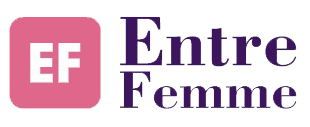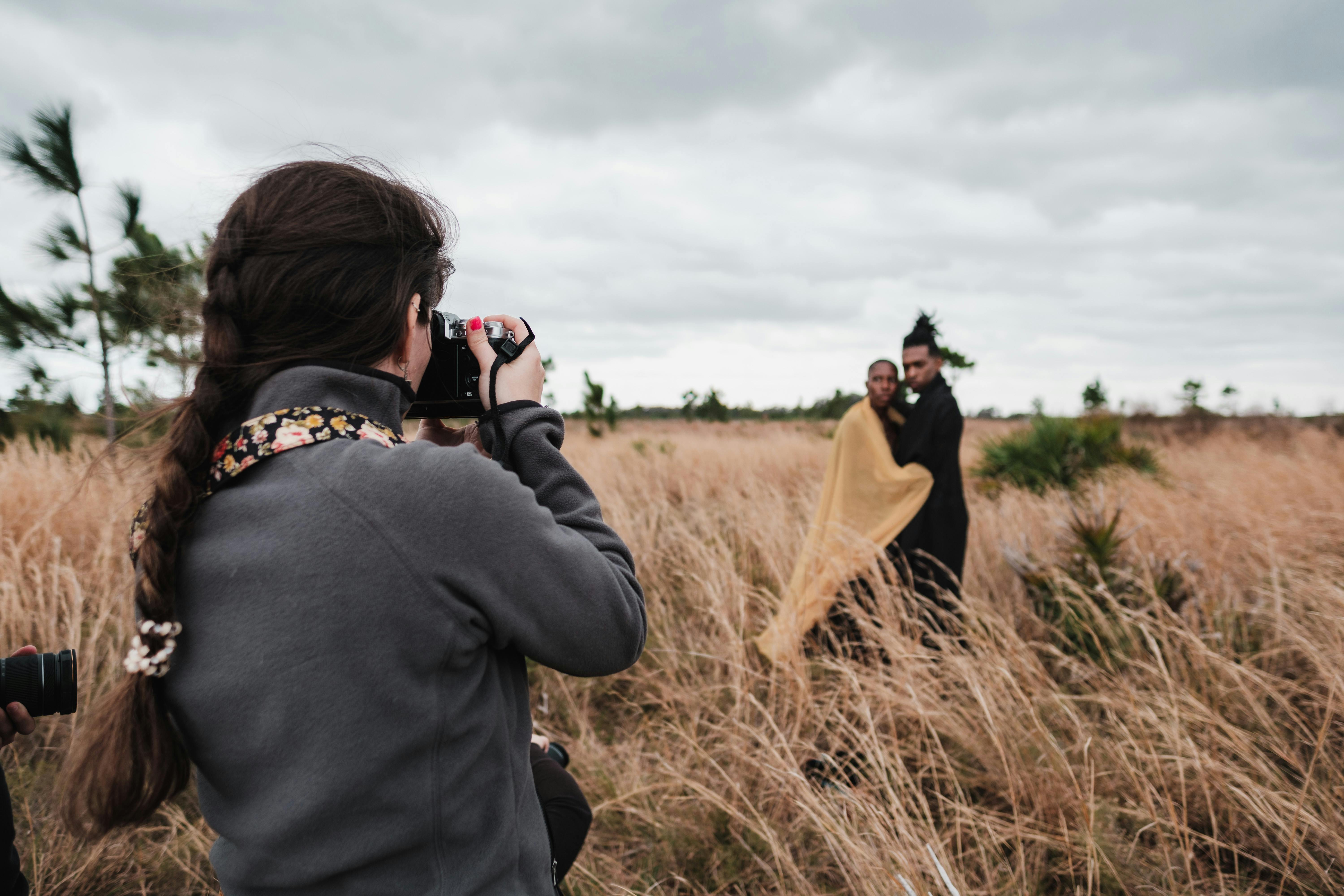My Light Behind the Lens: Being a Woman in a World of Shadows
Seeing Differently: Women’s Voices Behind the Lens
- David Parker
- Jul 29, 2025
- 0 Comments
- 86 Views
Before even introducing myself, I'd like us to do a little exercise together. Tell me honestly: how many female photographers do you know? Globally, or even more directly a friend, a colleague, a cousin, or even a friend of a friend? The first time I held a camera in my hands, it was an old Canon AE-1 belonging to the school janitor. I was 16. I didn’t even know how to adjust the light settings, but looking through the lens, I felt, for the first time, like the world was finally answering back. It’s amazing how a single frame can shift your perception of yourself. Suddenly, I wasn’t invisible anymore. I chose what people saw. I had the power to freeze a moment, elevate it, tell a story without even needing to raise my voice. But very quickly, I realized that this power wasn’t something everyone wanted me to have.
The World from Below
I was born in Montpellier, in what they politely called a “working-class” neighborhood which really meant we lacked everything except noise and resourcefulness. My father was a delivery driver, my mother a cleaning lady. In our home, art was something you saw in store windows, not a life path. The first time I held a camera in my hands, it was an old Canon AE-1 belonging to the school janitor. I was 16. I didn’t even know how to adjust the light settings, but as I looked through the lens, I felt, for the first time, like the world was responding to me. It’s amazing how a simple frame can shift how you see yourself. Suddenly, I wasn’t invisible anymore. I was choosing what people saw. I had the power to freeze time, to elevate it, to tell a story without ever having to shout. But very quickly, I realized that this power wasn’t something everyone was willing to let me have.
The Invisible Glass Ceiling
In photo school, there were three girls in a class of twenty. And in contests, exhibitions, project calls… it was even worse. Men won the grants, the residencies, the publications. Not necessarily because they were better. But because they were already there. Already deemed legitimate. Their gaze was considered “objective,” ours “too emotional.” One day, a professor told me my photos were “too feminine.” I asked what that meant. He shrugged. I understood: being a female photographer already meant being a genre, not an artist.
So I started looking for role models. And I discovered Vivian Maier, Zanele Muholi, Sabine Weiss, Laia Abril. Each, in their own way, resisted. They photographed the margins, the silences, the pain. They dared to frame what no one wanted to see. And most importantly, they gave me permission to exist.
you can also read: Woman or Impostor? The Khelif Scandal That’s Dividing the Sports World
The Encounter with Foto Femme United
It was in 2020, during lockdown, that I discovered Foto Femme United on Instagram. At first, it was just a sharing account. Gorgeous, raw, defiant images. But behind it, there was so much more: a vibrant, inclusive, open community. Women, non-binary creatives from around the world, sharing more than photographs. They were sharing a space. I signed up and applied for an open call, without much hope. A month later, my work was published on their site. It was the first time a professional platform validated my perspective without softening or filtering it. Thanks to FFU, I gained access to mentors, kind critiques, real opportunities. But most of all, I found allies. Women like me, who had long been photographing into a void, and who were now seen, heard, recognized.
What I Learned Moving Forward
People sometimes ask me how I got to where I am. Exhibiting. Being published. Getting paid. As if there were a magic formula. There isn’t one. But there are steps, moments of awareness, stumbles and rebirths. If I had to sum up this path not as a manual, but as a voice extended to those who wish to follow it might go like this:
Start with nothing, but start anyway.
An old Canon, a phone, a perspective. What you have is enough to see. What you feel is enough to express.
Accept being ignored, but don’t stay silent.
Silence hurts, but it doesn’t erase your work. What you create matters, even if no one says so right away.
Find your subject, and hold onto it.
Mine was invisible women. Daily gestures. Solitude in crowded cities. Find what burns inside you and photograph it over and over.
Learn everywhere you can.
A free online course, a comment on Instagram, an unexpected mentor… It’s not school that makes an artist. It’s curiosity and the fire to learn.
Say yes, even if you're scared.
To a publication, an exhibit, a residency. I said yes with a trembling heart. But it’s in discomfort that doors open.
Find your tribe, and then build it.
I don’t mean likes, but people who truly see your work. One or two at first, then more. And one day, you're no longer alone.
Stay true to your perspective, even when they try to adjust it.
They’ll say you’re too fragile, too political, too intimate. But your perspective is your signature. Don’t water it down.
I didn’t become a photographer by winning a prize.
I became one the day I realized my vision was worth sharing, even if no one had ever told me so. Today, I photograph women who look like me. Who doubt, who search, who move forward anyway. Sometimes I guide them. Sometimes they guide me. What I do isn’t just art. It’s gentle resistance. It’s living archive. It’s feminine memory. And if I can do it, so can you. For a long time, I thought I needed permission to exist in this field. Now I know you have to claim your space, even when it wasn’t built for you. Collectives like Foto Femme United didn’t “reveal” me. They held up a mirror, a space, a breath. And that breath, I now pass on to those who follow. Those who want to speak without shouting, to see differently, to frame what others overlook. Because our gaze is political. Our light is precious. And our voices, even if fragile, echo farther than we think. So to you reading this: your voice matters. What you see matters. What you want to show matters.
Never apologize for existing through your lens.

 | Unlock Success with Our Guide
| Unlock Success with Our Guide



0 Comments